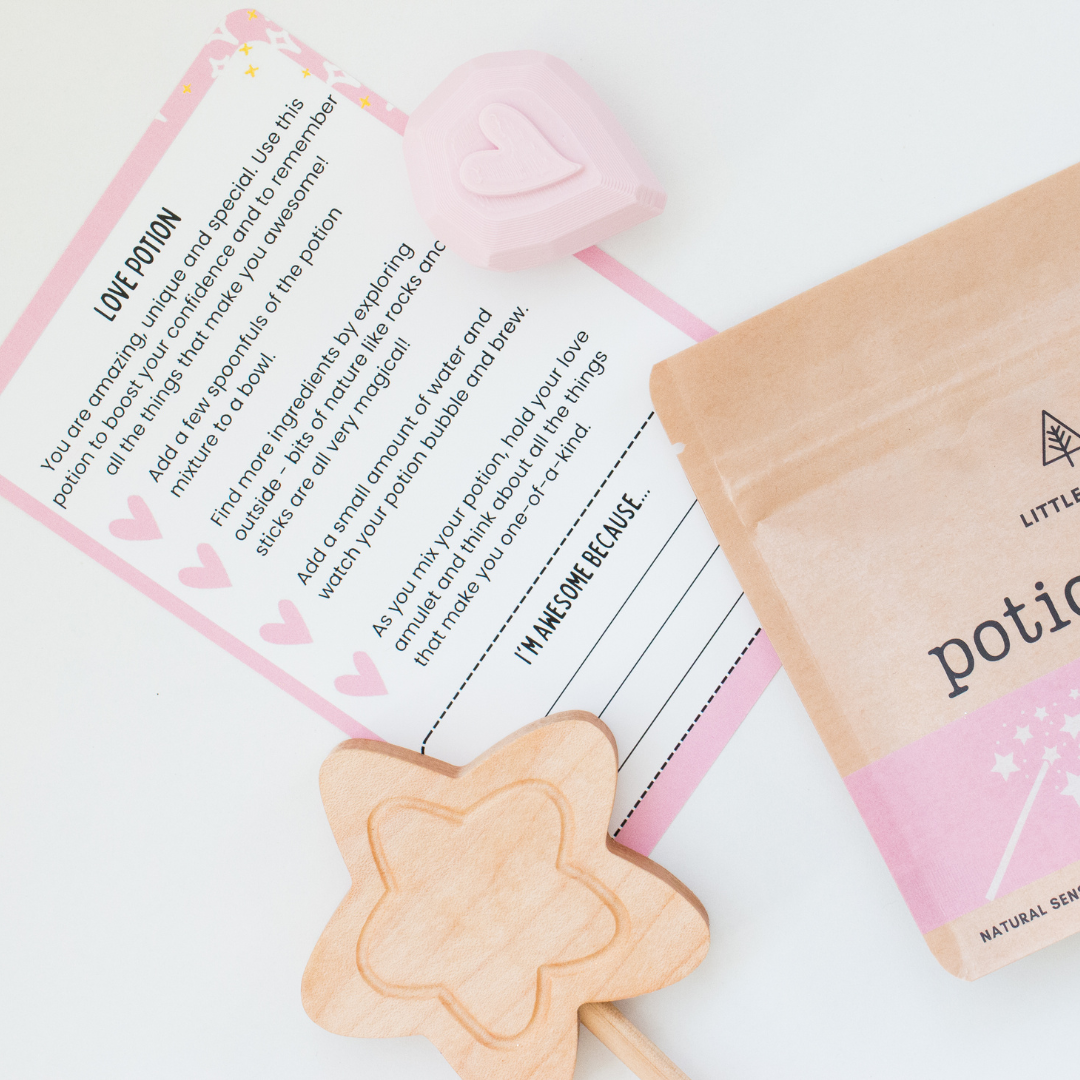

· By Danielle Mossfeldt
Teaching Positive Affirmations to Children
Positive affirmations provide powerful benefits to both adults and kids, contributing to emotional resilience, optimism, and overall mental well-being.
While adults may already practice daily affirmations, children too can start cultivating this habit early to build self-esteem and confidence.
Incorporate Affirmations into Routines
Begin with short affirmations that fit into existing activities your child enjoys. For example, if your child loves reading books, end each story session with a personalized statement like "I am smart. I am kind. I am creative."
Make affirmations fun by turning them into songs, games, or rhymes, like creating a poem together using their name.
Develop Self Awareness and Mindfulness
Teaching your child about mindfulness helps prepare them for positive affirmations since it strengthens awareness of thoughts and feelings. When discussing negative thoughts, remind your child to acknowledge and release them while returning to a calm state. Then, switch gears to positivity by expressing gratitude for something in their day that they enjoyed.
Over time, positive affirmations and a growth mindset will help foster self-acceptance and greater confidence.
Model Confidence-Building Behavior
Adults serve as role models in shaping behavior and attitude development in children. Practice affirmations yourself and share these experiences with your children. Mention instances when repeating affirmations helped you handle difficult times or boost determination.
Additionally, recognize moments when your child accomplishes tasks with verbal praise.
Create Custom Affirmations Tailored to Unique Interests
Ensure your child feels connected to their affirmations by tailoring statements to interests and traits unique to them. If your child adores animals, create affirmations like "I'm strong like a lion" or "My imagination is as colourful as a butterfly".
The possibilities are endless - just ensure each statement promotes a positive message related to your child's identity and personality.

Introduce Intentionality with Visualization
Visualizing a desired outcome can strengthen the impact of affirmations by pairing intentional thinking with spoken words. Guide your child to imagine their future self achieving goals or experiencing positive scenarios. Then, ask them to repeat an appropriate affirmation linked to that visualization, further emphasizing its importance in daily routines.
Positive affirmations are valuable tools in supporting a child's well-being and building a foundation for self-confidence and happiness.
Looking for resources to incorporate Positive Affirmations into your child's playtime? Shop our collection of affirmation-based Potion Play, designed to boost confidence and creativity.
